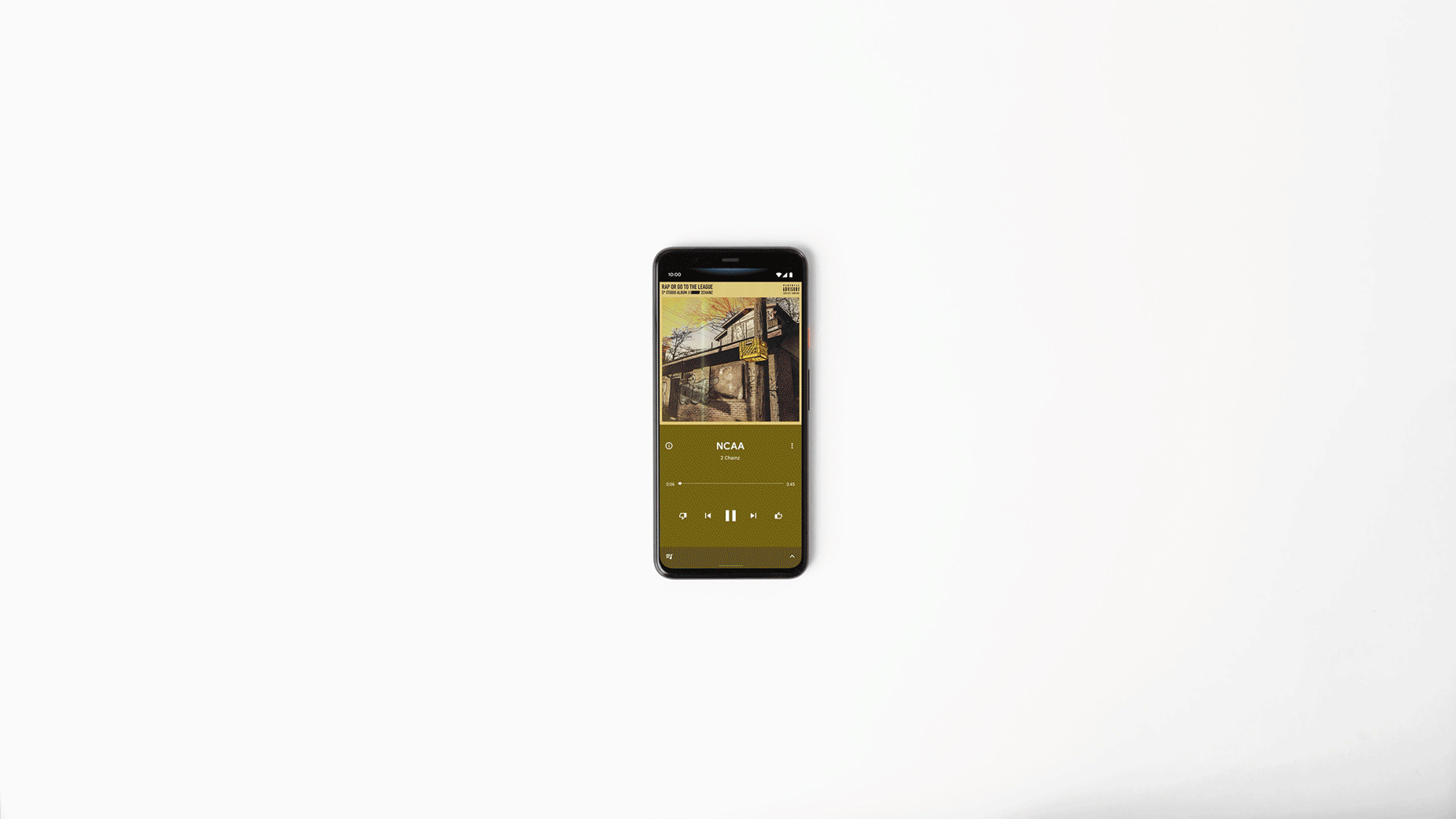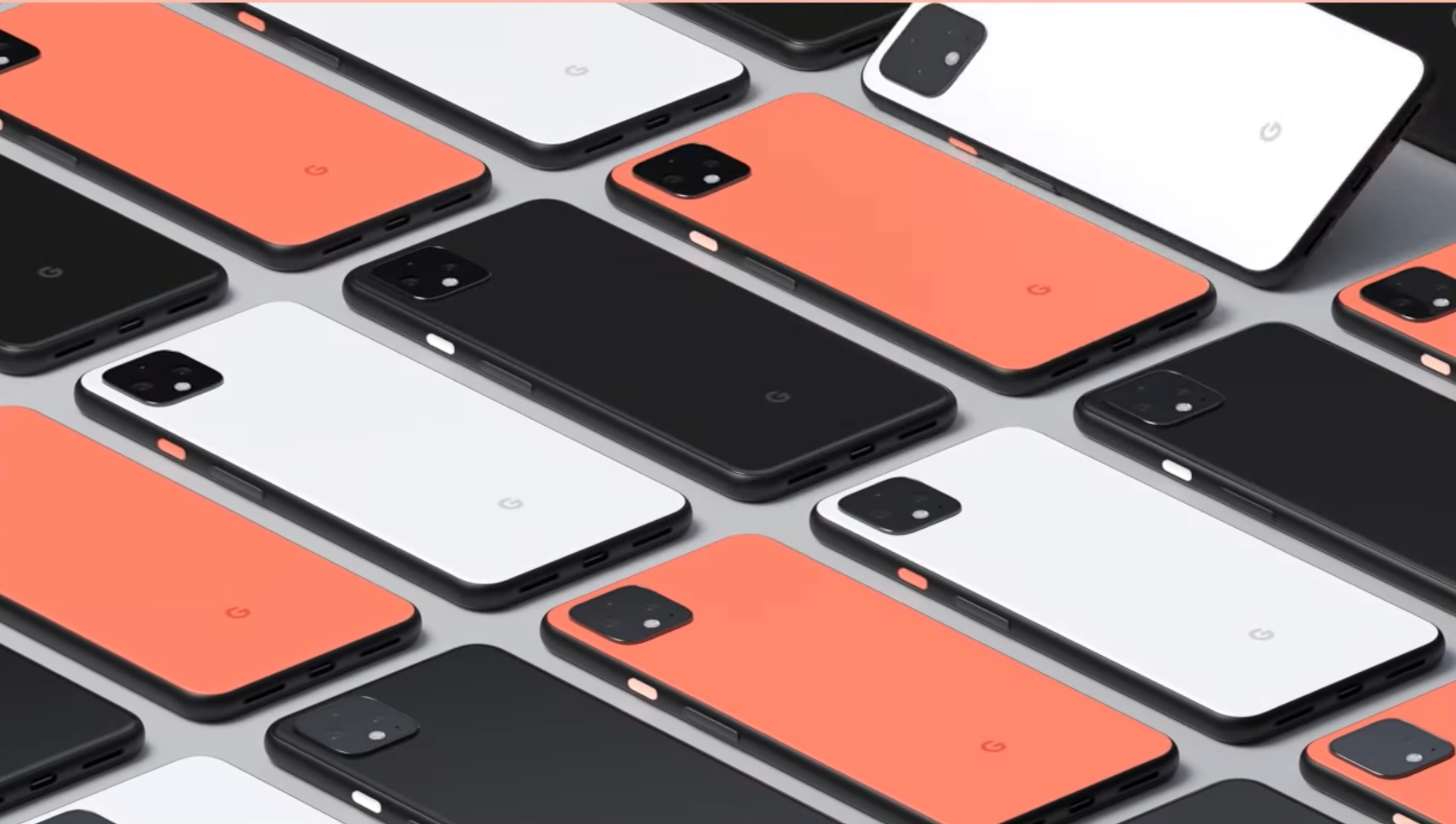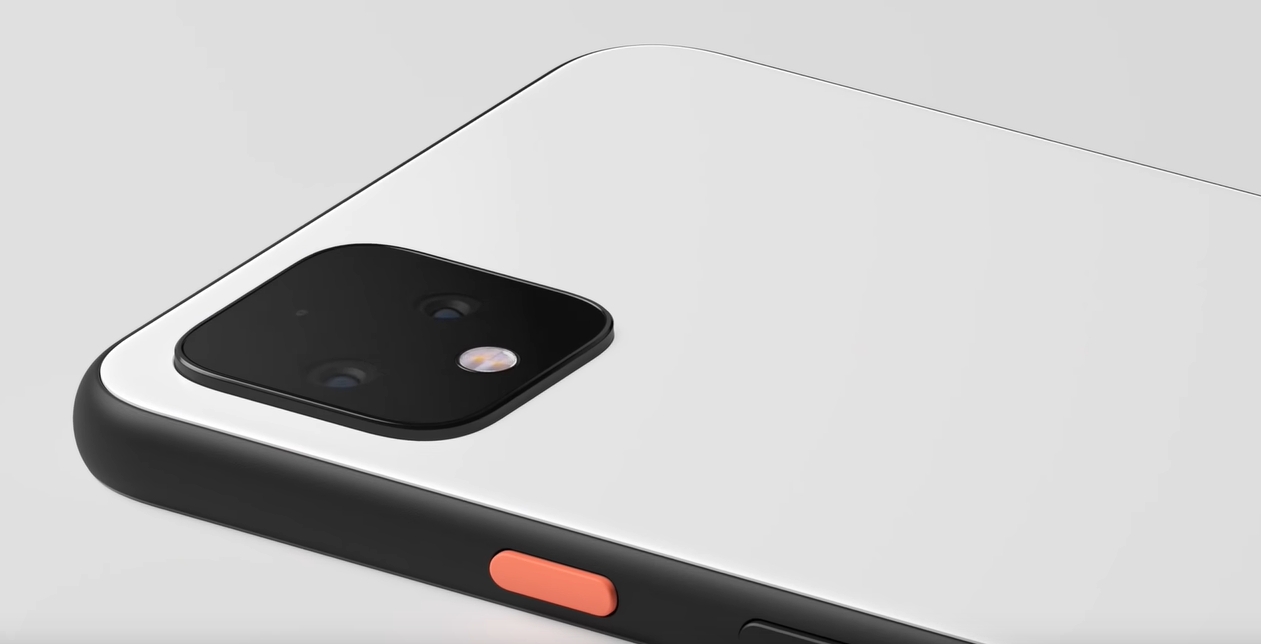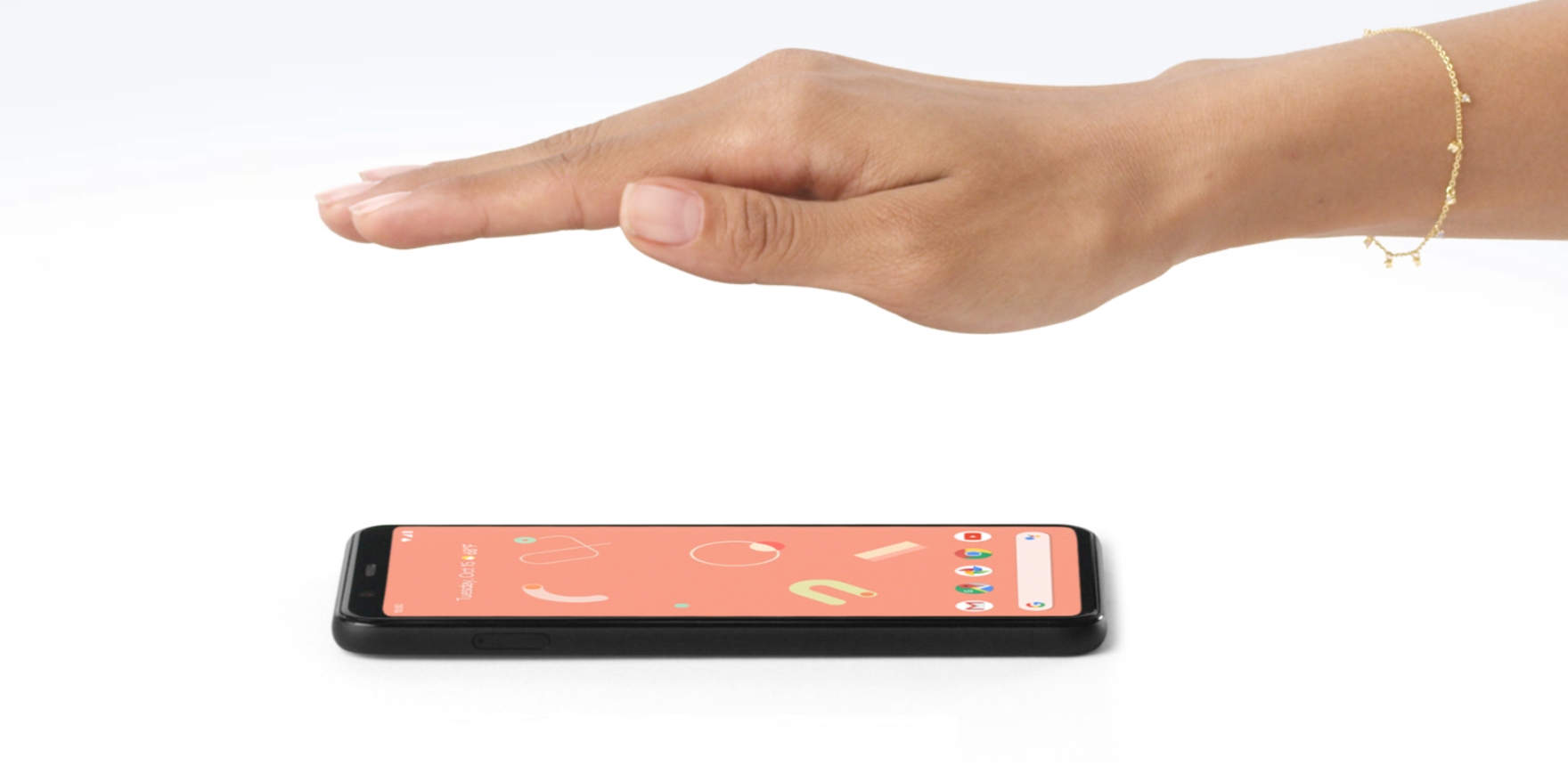The Google Pixel 4 and 4 XL are finally here, with Google having unveiled the duo at the Made by Google 2019 event. As anticipated, both phones buck the single-camera trend of the Pixel series, with a new 16MP telephoto lens for 2x zoom complementing a 12MP Dual Pixel main camera at the rear.
It’s a more conventional—by today’s standards—camera module on the rear, that also houses a time-of-flight (ToF) sensor. That’s not unexpected, with rumours and leaks in the past pointing in that direction. But the Pixel 4 phones also come with “Smooth Displays”, which are essentially 90Hz displays—you can also toggle them down to 60Hz, in the interest of battery life.
Unfortunately, battery sizes for the devices are pretty disappointing. The larger the Pixel 4 XL has 3,700mAh battery, while Pixel 4 has a 2,800mAh battery—pretty small by today’s standards, even if you discount the increased battery consumption of a 90Hz display (The Pixel 4 has a 5.7″ display, while the Pixel 4 XL has a 6.3″ display).
And Google has excluded an add-on that has been exclusive to their Pixel phones for some time now (besides the Pixel 3A). Pixel 4 owners will not have unlimited storage on Google Photos at the original resolution of their images, which has been a major strength of Pixel phones in the past. This could be due to Google moving towards a subscription-based storage option, with a 3-month trial period for the Google One service bundled with the phones instead.
Other specs under the hood include a Snapdragon 855, support for 18W fast-charging, and what Google says is the fastest face unlock system on a smartphone. This is made possible by 2 face unlock IR cameras, a dot projector, and a flood illuminator. There’s also Motion Sense, which is uses the new motion-sensing Soli chip to detect hand movements to snooze alarms, switch songs, and a number of other tasks.

There isn’t a fingerprint reader, and the Pixel 4 comes without the option for expandable storage. However, Google has added some new features in the photography section. Live HDR+ will allow users to preview HDR+ processed images before actually capturing the shot, and Night Sight brings improved astrophotography capabilities to the Pixel 4. You can also tweak shadows and highlights in your shot before you capture an image with a feature called Dual Exposure.

Both of Google’s new Pixel phones are available to pre-order from the 15th of October, with availability to begin on the 24th October. In the U.S., the Pixel 4 starts at US$799 (about RM3,344) while the Pixel 4 XL starts at US$899 (about RM3,763). Closer to home, meanwhile, Singaporean pricing for the Pixel 4 starts at SGD1,119 (about RM3,422) and the larger Pixel 4 XL has a base price of SGD1,319 (about RM4,033).
As with Pixel phones in the past, it doesn’t seem likely that Google will officially release the Pixel 4 in Malaysia.
Introducing Google #pixel4, our most helpful phone yet. Built around the Google software you know and love that you won't find on any other smartphone. #madebygoogle pic.twitter.com/JZxU2phmcW
— Google (@Google) October 15, 2019








